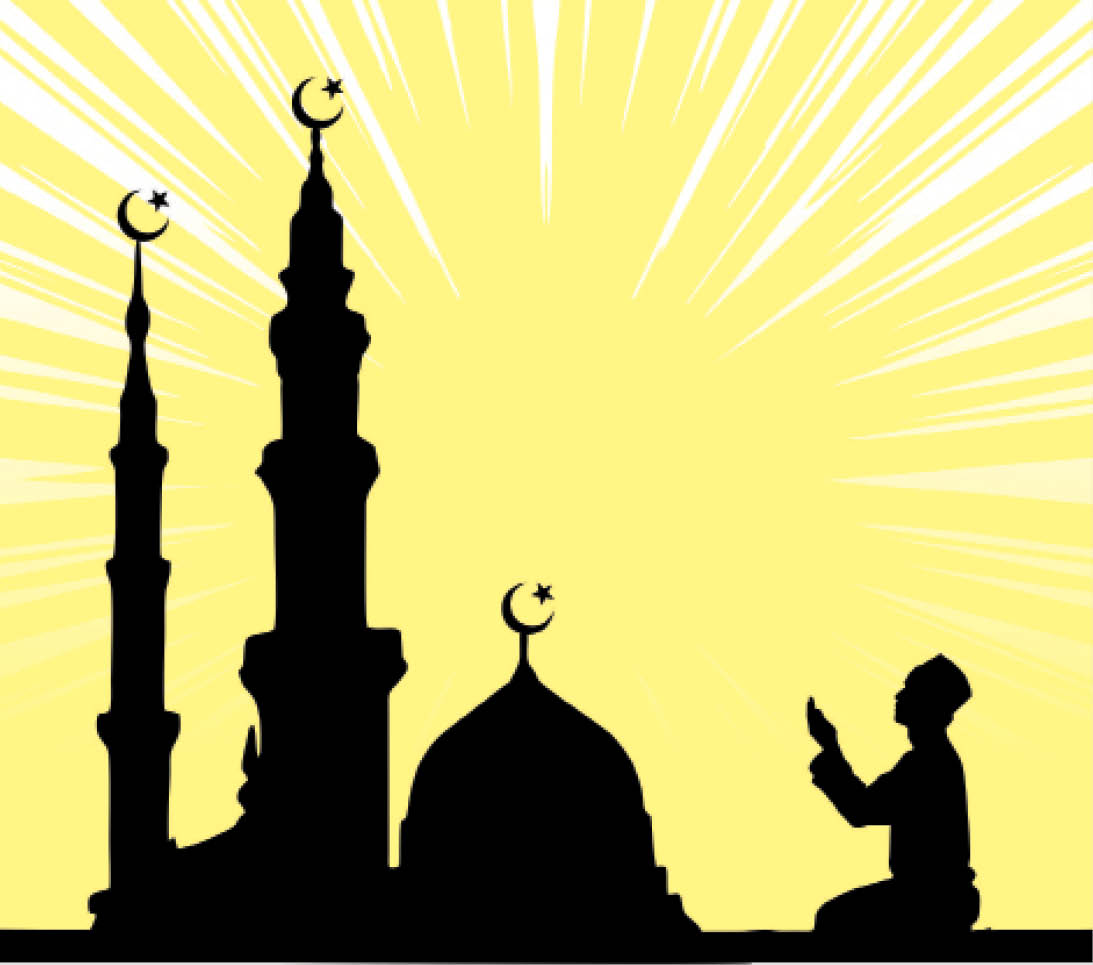Sequel to the moon-sighting announcement by the Sultanate in Sokoto, today Saturday July 25, 2020 is the 4th day in the month of Dhul-Hijjah, 1441 After Hijrah, which is the twelfth and last month in the Islamic lunar calendar.
Besides being the month during which Hajj (pilgrimage), the fifth pillar of Islam, is performed, another virtue of Dhul-Hijjah in Islam is its mention as one of the months during which holy war is prohibited. Allah (SWT) states in Qur’an 2:217 “They ask thee concerning fighting in the prohibited month; Say: Fighting therein is a grave (offence)…” Other months (called ‘Al Ash-hurul Hurum’ in the Qur’an) in which holy war is prohibited include Dhul-Qa’dah (which is the month preceding Dhul-Hijjah); Muharram (which is the month succeeding Dhul-Hijjah); and the month of Rajab.
The first ten days of Dhul-Hijjah have been described by the Prophet (SAW) as virtuous. It is reported on the authority of Ibn Abbas (RA) that the Prophet (SAW) said “No days are as virtuous and beloved to Allah for the observance of righteous deeds as these days (i.e. the first ten days of Dhul-Hijjah)”. When this was heard, some people asked the Prophet (SAW) whether the worth of these ten days supersedes that of fighting a holy war (Jihad) in the cause of Allah. The Prophet (SAW) replied in the affirmative; explaining that the virtues in the first ten days of Dhul-Hijjah exceed those of fighting in Allah’s cause except for a man who left home to fight in the cause of Allah with his life and wealth but returned with nothing (of his wealth).
It is also reported on the authority of Ibn Umar (RA) that the Prophet (SAW) “No day is greater in virtue and more beloved to Allah for a believer to worship Him than the first ten days of Dhul-Hijjah. Thus, Muslims are encouraged to do much of Tahlil (saying of: La ilaha illa llah); Takbir (saying of: Allahu Akbar); and Tahmid (saying of: Alhamdu lillah). Ibn Abbas (RA) explains that the verse “… And celebrate the name of Allah through the days appointed” as in Qur’an 22:28 refers to the first ten days of Dhul-Hijjah. Let us observe fast in this virtuous period of Dhul-Hijjah and engage much in the glorification of Allah’s beautiful names. The credit will be ours if, during this holy season, we increase the rate of our recitation of the holy Qur’an.
Imam Bukhari relates that Ibn Umar (RA) and Abu Hurayrah both used to glorify Allah (SWT) saying ‘Allahu Akbar’ even as they went to the market during the first ten days of Dhul-Hijjah. Imam Attirmidhi, Ibn Majah and al-Bayhaqi all relate on the authority of Abu Hurayrah (RA) that the virtues of worshipping Allah in the first ten days of Dhul-Hijjah are beloved to Allah (SWT) so much that fasting for a day in the period is equivalent to fasting for a year just as standing in worship for a night during this period is equated to standing in worship on the Night of Power (Laylat ul-Qadr).
On the cutting of hair or nails during the first ten days of Dhul-Hijjah, Imam Muslim reports that the Prophet (SAW) said, “If one of you intends to sacrifice an animal on the day of Eid ul-Ad-ha, then he/she should not cut the hair and the nails (until after offering the sacrifice on the Eid day)”. However, scholars opine that it is not haram (forbidden) to cut the hair or nails if necessities arise. Observing this Sunnah only helps believers to achieve greater reward as the hair and the nails will be counted as good deeds along with the hair of the sacrificial animal.
The ninth day of Dhul-Hijjah which is Arafat Day in which Muslims on pilgrimage to the holy city of Makkah stand on mount Arafat is another special and virtuous day. The Sunnah of the Prophet (SAW) encourages believers to observe voluntary fast on this particular day, which precedes the day Muslims slaughter animals (i. e. Big Sallah Day) in sacrifice and in total submission to Allah (SWT). Fasting on Arafat day is exclusively for non-pilgrims (i.e. Muslims who are not performing Hajj). All the six authentic compliers of hadith (except Buhari and Tirmidhi) relate on the authority of Abi Qatadah (RA) that fasting on Arafat Day expiates for two years of sins. Indeed, the Sunnah of the Prophet (SAW) encourages Muslims, who can, to observe voluntary fast during the entire period of first ten days of Dhul-Hijjah.
As Muslims, it pays for us to take good advantage of this season with the same enthusiasm and commitment we usually demonstrate in the last ten days of Ramadan. It is a season of worship; a season to get closer to Allah (SWT) with acts of devoution; a season for making sacrifices and showing kindness to others; and a season to seek Allah’s intervention in our common and individual challenges. Dhul-Hijjah is a period for Muslims to seek forgiveness of their sins through sincere repentance. Allah (SWT) states in Qur’an 28:67 “But whoever had (in this life) repented, believed and worked righteousness, will have hopes to be among those who achieve salvation)” Let us also endeavour to spend part of the nights in these ten days of Dhul-Hijjah in observing superogatory (nafilat) prayers.
During these ten days, we are encouraged to spend in charity; and to share with the poor part of what Allah (SWT) has given us. The amount is not what matters but the spirit behind it. Allah (SWT) states in Qur’an 65:7 “Let the man of means spend according to his means, and the man whose resources are limited should spend according to what Allah has given him. Allah puts no burden on any person beyond what He has given him…” Charity in the language of the Qur’an is “a beautiful loan to Allah”. What a beautiful ‘loan’ when Allah returns it to us!
As COVID-19 continues to ravage humanity, let us explore the sanctity of this period to pray to Allah (SWT) to bring the coronavirus pandemic to an end. It is destroying economies and altering our way of doing many things. Let us remember our leaders in prayers; asking Allah (SWT) to give them the wisdom to find effective solutions to our socio-economic predicaments. Let us seek Allah’s intervention in all the critical challenges that are bedevilling us including kidnapping, cattle rustling, banditry, insurgency, unemployment, and corruption. May Allah (SWT) grant us the ability to take advantage of the virtuous ten days in Dhul-Hijjah, amin.

 Join Daily Trust WhatsApp Community For Quick Access To News and Happenings Around You.
Join Daily Trust WhatsApp Community For Quick Access To News and Happenings Around You.


